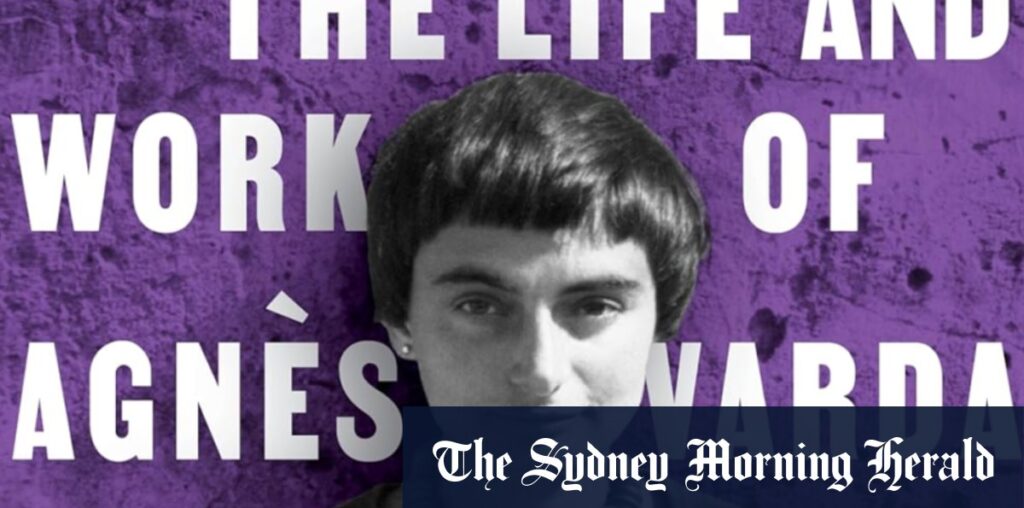
A Complicated Passion: The Life and Work of Agnès Varda
Carrie Rickey
W.W. Norton & Company, USA, $49.95
For decades, film histories construed that the French New Wave, which leapt to prominence during the late 1950s and early ’60s, was made up of a handful of young men who’d been writing for the film magazine Cahiers du cinéma before assuming their destined places behind the camera. As a result, François Truffaut, Jean-Luc Godard, Claude Chabrol, Eric Rohmer and Jacques Rivette came to be seen collectively as the game-breakers in French cinema during the second half of last century, with their famed colleague, the magazine’s co-founder, André Bazin, routinely regarded as the father of the “wave”.
That narrow view has more recently been amended with the inclusion of other filmmakers who got their start around the same time, foremost among them Alain Resnais, Louis Malle, Chris Marker and Jacques Demy – along with the Brussels-born Agnès Varda, the subject of Carrie Rickey’s thoughtful biography, A Complicated Passion.
Rather than those she used to refer to as “the Cahiers boys”, it was Varda, in fact, who set the ball rolling in 1955 with her first feature, La Pointe Courte, while her confrères-to-be were still taking tentative steps towards their futures in the form of low-budget shorts. Borrowing a line from Le Monde, Rickey sees her as “the first chime in the carillon that became the New Wave”, setting forth a persuasive case as to why history should now remember her as the mother of the movement.

Filmmaker Agnes Varda in 2017 at the Cannes Film Festival.Credit: AP
Astonishingly prolific and the recipient of a multitude of awards (including an Honorary Oscar in 2017), Varda is probably best known around the world today for her essay-like documentaries. They include Jacquot de Nantes (1991), about Demy, the wonderfully idiosyncratic writer-director of films such as The Umbrellas of Cherbourg and The Young Girls of Rochefort, whom she married in 1962 and who died of AIDS in 1990; the superb The Gleaners and I (2000) and its 2002 sequel; her evocatively autobiographical The Beaches of Agnès (2008), made after her sight was seriously inhibited by macular degeneration; and the memorable Faces Places (2017), which she shot at the age of 89 with Parisian street artist JR and under the watchful eye of her daughter Rosalie, whose father was actor and theatre director Antoine Bourseiller.

Agnes Varda
But there’s also her earlier fictional work, which includes films such as the striking Cléo from 5 to 7 (1961), in which Bourseiller was the male lead; the deeply unsettling Le Bonheur (1965); and the fiercely uncompromising Vagabond (1985). And when one is listing Varda’s achievements, they should, as Rickey’s account makes abundantly clear, also include her many short films, some made under commission, some growing out of the other branches of her extensive career as a photographer and an installation artist.
She also served as a role model for female filmmakers around the world, including Ava DuVernay, Agnieszka Holland and Isabel Coixet, and won a reputation for her regular masterclasses. It was there, as detailed by Rickey, that she introduced others to the collaborative instincts that were central to her creativity and to the winning insights that underpinned her reputation in later life as “a subversive grandma”.

